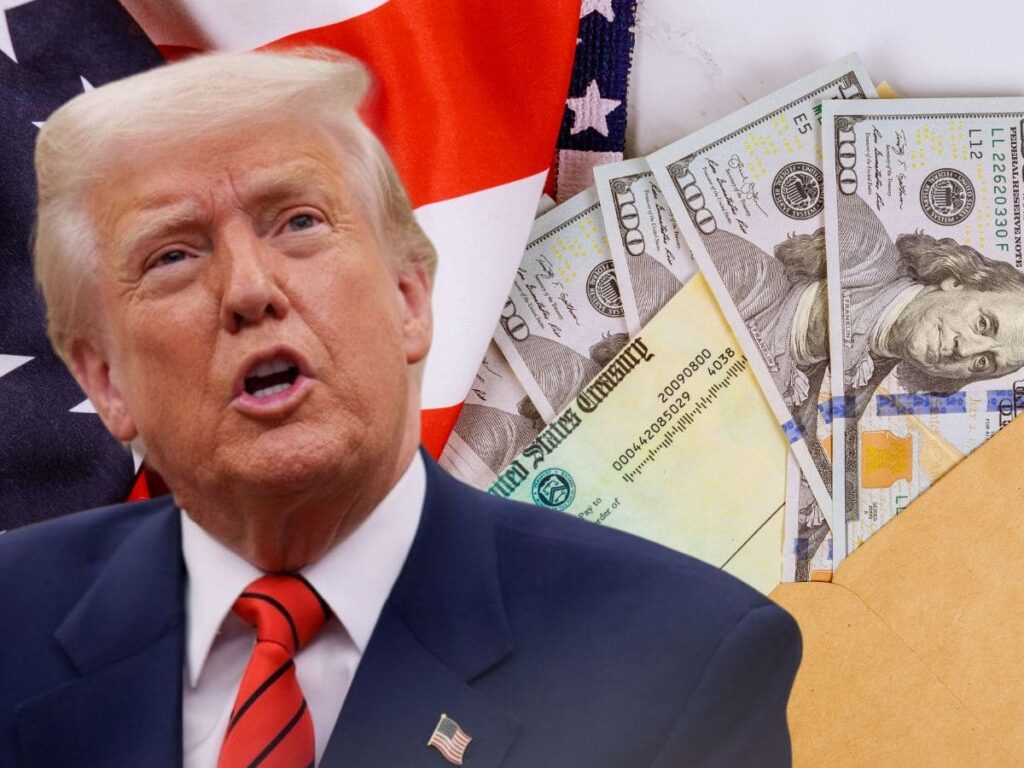Over the past few months, speculation about a $2,000 stimulus check has been spreading rapidly across social media and unverified websites. Many Americans, still feeling the weight of inflation and rising living costs, have clung to these rumors as a sign of financial relief on the horizon.
However, as of now, no official confirmation exists to support claims of a fourth stimulus payment. While the demand for more economic assistance is real, Congress and the IRS have made no moves to approve another round of direct payments in 2025.
No Green Light from Congress or the IRS
Despite the growing buzz, neither the U.S. Congress nor the Internal Revenue Service (IRS) has approved any new legislation related to another stimulus package. Any message promoting immediate stimulus money should be treated with caution — in many cases, these are either false claims or part of scam attempts.
Should a new package eventually pass, it would likely follow the eligibility standards of previous rounds: individuals earning less than $75,000 annually, or married couples filing jointly with combined incomes under $150,000, would qualify for the full amount. Those earning over $99,000 individually (or $198,000 as a childless couple) would be excluded.
Past stimulus distributions included Social Security beneficiaries, SSI/SSDI recipients, and railroad retirees, who automatically received payments. If a future check is approved, these groups are again expected to be prioritized.
When Could It Happen, and How Can You Avoid Scams?
There is currently no official timeline for when — or if — these payments could begin. Some reports suggest late 2025 or early 2026 as a possible window, but this is purely speculative at this point.
In the meantime, officials strongly advise Americans to avoid giving out personal or financial information to unknown sources. Never trust emails, texts, or websites that promise fast payments in exchange for your Social Security number or banking details.
To stay safe, always refer to official government websites such as irs.gov for accurate updates. Avoiding fraud begins with staying informed — and skeptical — of anything that sounds too good to be true.
